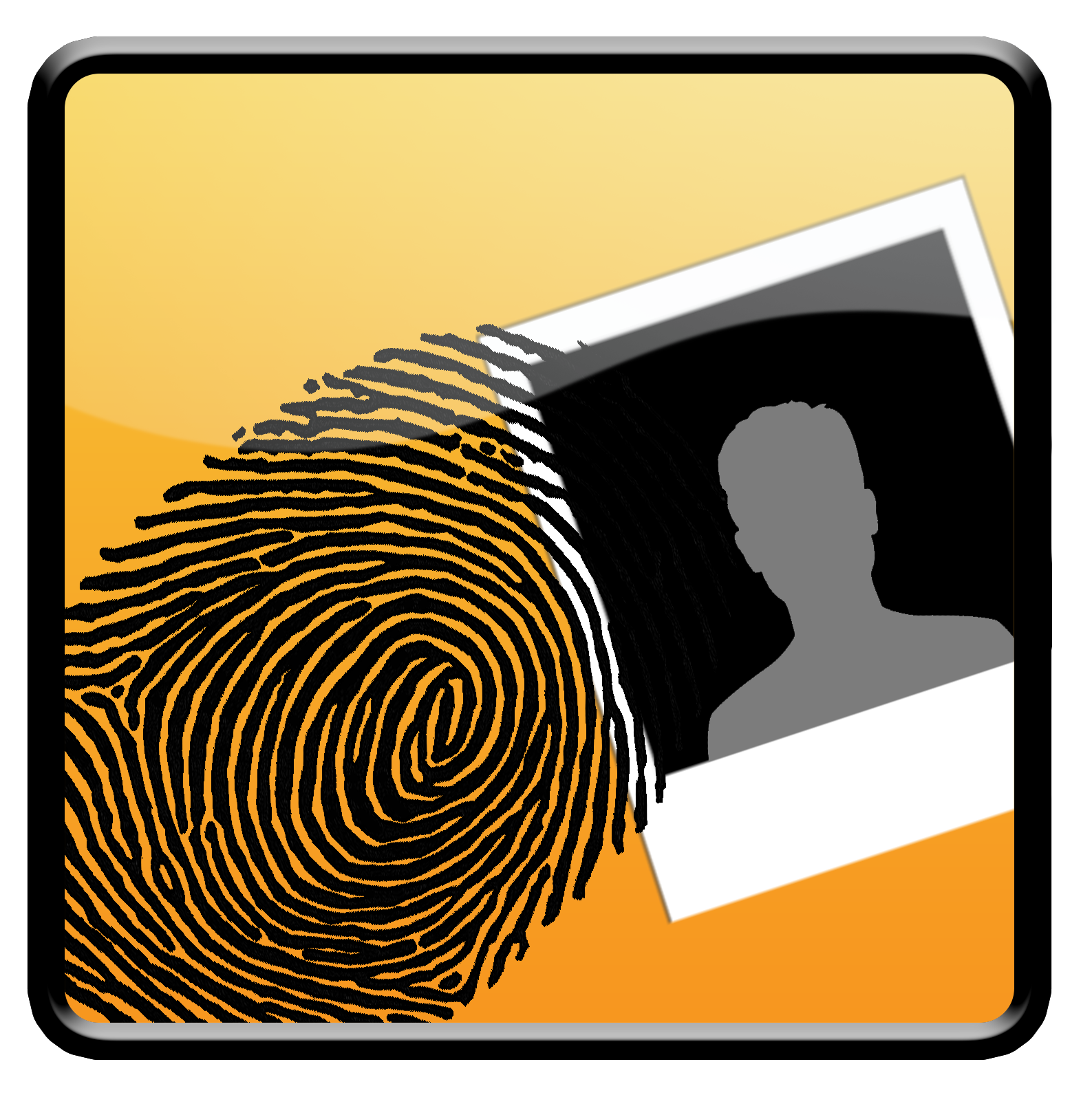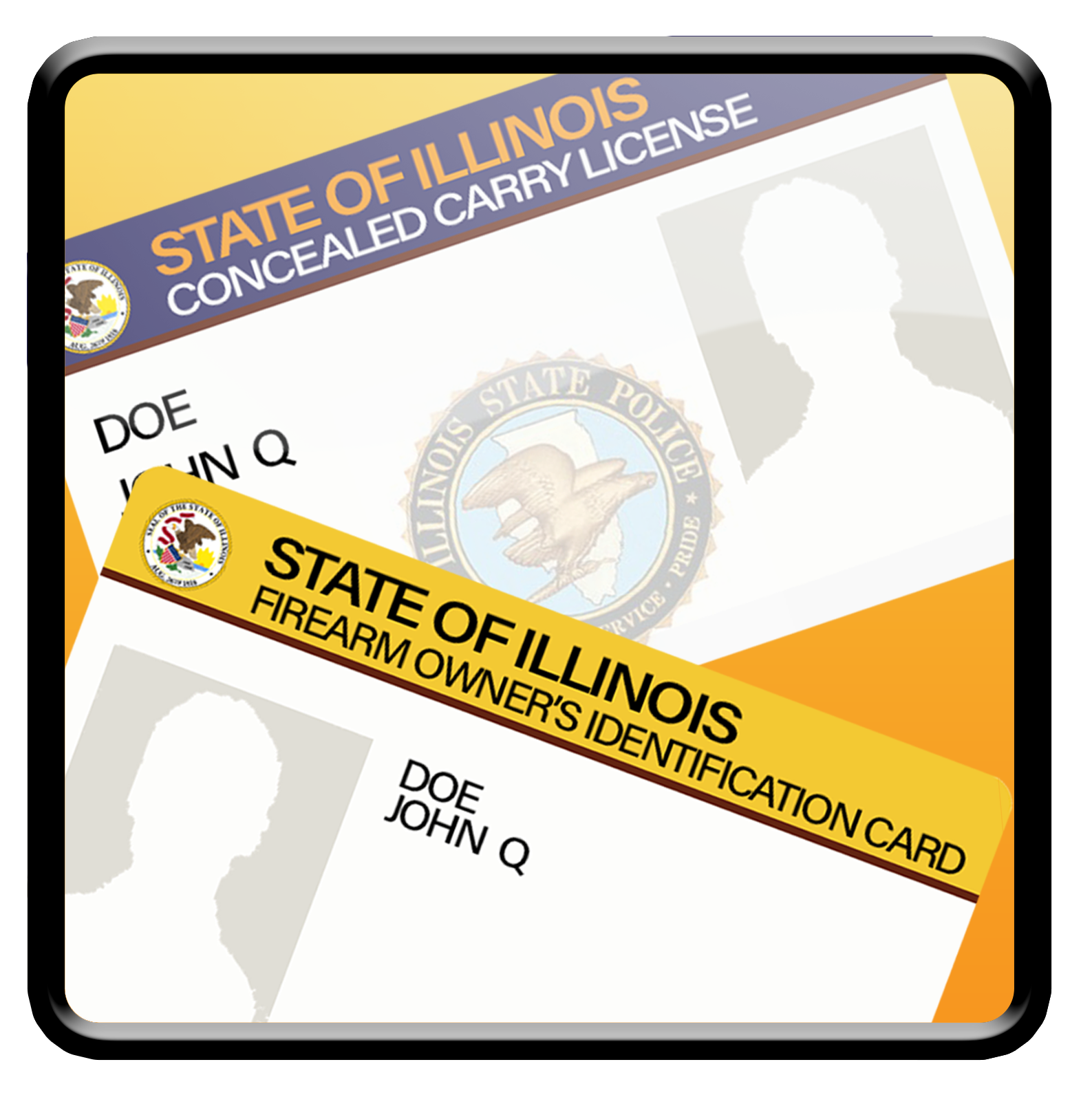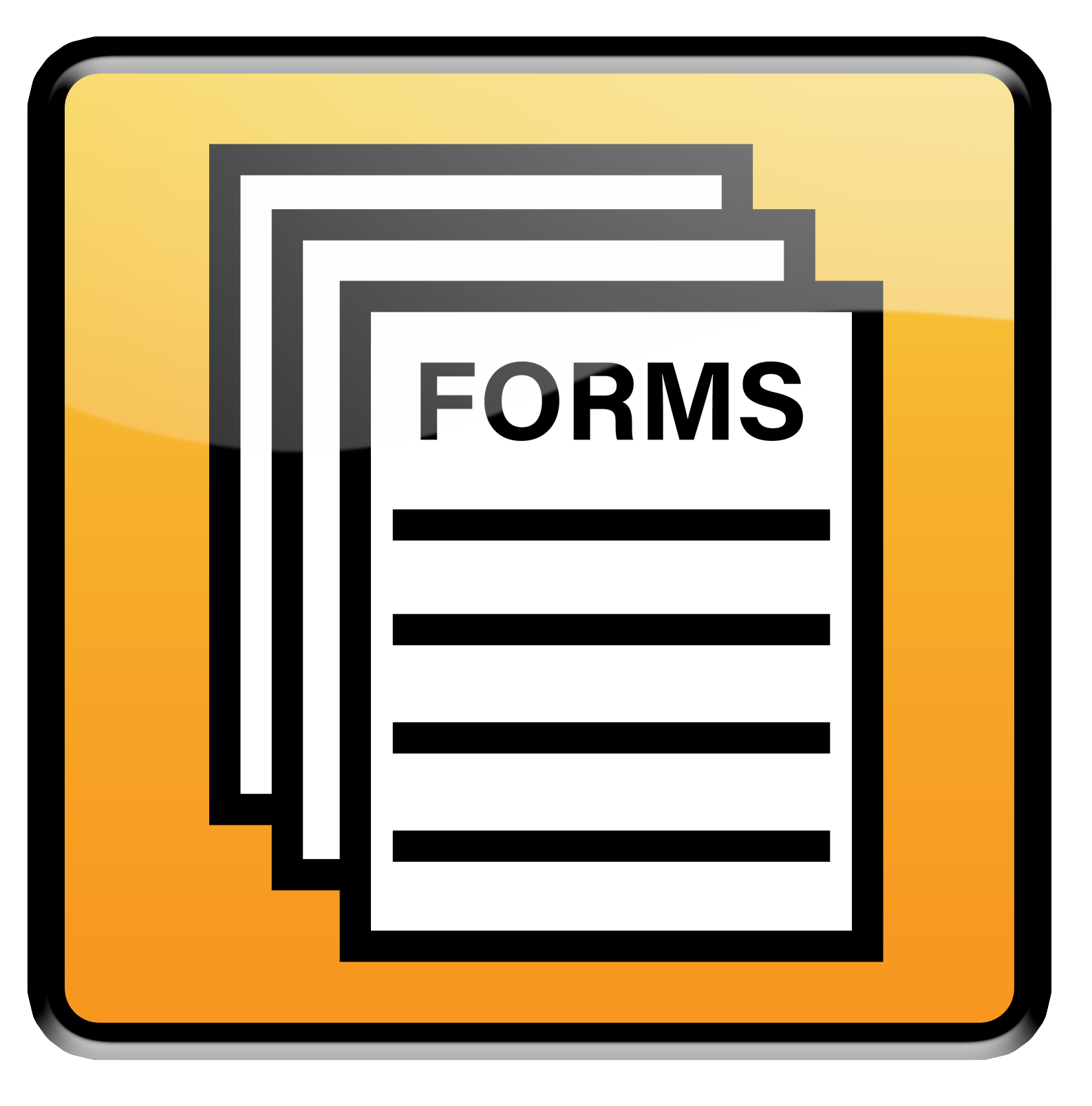ILLINOIS STATE POLICE PROVIDE ADDITIONAL INFORMATION RELATED TO THE FOID PROCESS AND GARY MARTIN
Springfield, IL – The following statements are being made in response to inquiries from the media and the public.
“The only way we can honor those who died - the only way we will ever be safer- is to shine the brightest light on the good, bad, and ugly of this system and to lay bare for the public and policy makers the depth and breadth of our vulnerabilities,” stated ISP Acting Director Brendan F. Kelly.
FOID and FCCL Process
Illinois State Police (ISP) conducts criminal history background checks on all Firearm Owner’s Identification (FOID) card applicants. The FOID background check process consists of a name and date of birth check; queries are then conducted through Illinois and the Federal Bureau of Investigation (FBI) Criminal Justice Information Services (CJIS) national databases.
The Illinois databases utilized for a FOID background are: Law Enforcement Agencies Data System (LEADS) Computerized Hot Files, Illinois Criminal History Record Information (CHRI), Secretary of State, and the Illinois Department of Human Services.
The FBI-CJIS national databases utilized for a FOID background are: National Crime Information Center (NCIC), Interstate Identification Index (III), National Instant Criminal Background Check System (NICS), and the United States Department of Homeland Security (DHS) Immigration Alien Inquiry (IAQ) for applicants who are not United States citizens.
A valid FOID card is required to purchase a firearm. The status of the FOID card must be checked by a Federal Firearms License (FFL) dealer. Approval is required through the Firearm Transfer Inquiry Program (FTIP) prior to the release of a firearm. Person-to-person transfers of firearms require the seller to check the validity of the buyer’s FOID card on the ISP’s website.
Fingerprints are not required for a Firearm Concealed Carry License (FCCL) application. To obtain fingerprints for a FCCL application, the applicant must go to an Illinois licensed Live Scan vendor. The vendor reviews the photo identification submitted to confirm demographic information that will be transmitted with the fingerprints. The vendor enters the proper FCCL purpose code and obtains the fingerprint images. The vendor then transmits the fingerprint, demographic package, and photograph to the ISP Bureau of Identification (BOI) as a Fee Applicant transaction.
The submission package is quality-control checked by the Automated Biometric Identification System (ABIS). The fingerprints are checked for a biometric match to any existing set of fingerprints maintained by the ISP in the ABIS. After this Illinois biometric search, the ABIS communicates to the CHRI database to either establish a new Illinois state identification number (SID) or update an existing SID. CHRI creates the Illinois response that will include all Illinois criminal history records associated with the fingerprints including conviction, non-conviction and sealed events.
The Illinois CHRI response is electronically submitted to the Firearms Services Bureau (FSB) for further processing. Simultaneously, CHRI sends ABIS a message to forward the fingerprint package to the FBI to launch a biometric search of the FBI's Next Generation Identification (NGI) system. The NGI system contains fingerprint based criminal history records submitted from all the states.
If the fingerprints are a match to an existing criminal history record in NGI, the FBI will respond with criminal history information that has been provided to the FBI from the State Identification Bureaus (SIBs).
NGI may not contain all relevant criminal history records from all states for an individual. The completeness of the NGI record is dependent upon the SIB to properly forward the state criminal history records to NGI. Some factors impacting a state's submission to NGI include state law restrictions, technical system failures, and quality-control rejections at the FBI. The FBI sends the response to CHRI and the response is electronically submitted to the FSB for review. According to a 2013 report, “Improving the National Instant Background Screening System for Firearms Purchases” by the National Consortium for Justice Information and Statistics, “…at least 25% of felony convictions are not available to NICS.” Due to this massive, ongoing problem, the U.S. Congress passed the Fix NICS Act in 2018 to help “ensure maximum coordination and automation of the reporting or making available of appropriate records” to the NICS.
Once an individual’s FOID is revoked, Illinois law requires a revoked FOID card holder to both surrender their FOID card and complete a Firearm Disposition Record within 48 hours of receiving notice of the revocation. The FOID Act requires ISP to notify local law enforcement when an individual’s FOID has been revoked. There is no statutory requirement for the local law enforcement agency to acknowledge receipt of FOID revocation notifications. The Firearm Disposition Record would document the name, address, and FOID number of the individual receiving any transferred firearms from the revoked FOID card holder. A revoked FOID card holder can lawfully transfer their firearm(s) to a valid FOID card holder or to the local law enforcement agency in the area in which the revoked FOID card holder resides. The Firearm Disposition Record requires that the revoked FOID card holder must obtain a signature from the local law enforcement agency receiving the Firearm Disposition Record. The local law enforcement agency is required to mail the completed form to the Illinois State Police.
Please visit the following links for additional information:
Illinois State Police Firearms Services Bureau
https://www.ispfsb.com/Public/Faq.aspx
430 ILCS 65/9.5
http://www.ilga.gov/legislation/ilcs/documents/043000650K9.5.htm
Gary Martin’s FOID and FCCL Application
Upon receipt of Gary Martin’s FOID application on January 17, 2014, a query was conducted through the Illinois and FBI-CJIS databases. As a result of the queries, Martin’s Illinois criminal history revealed no prohibiting factors to obtain a FOID. Additionally, Martin’s Mississippi arrest information was not revealed in any of the national databases. ISP contacted the Mississippi Department of Public Safety to inquire about the lack of a Mississippi SID. As of February 20, 2019, a Mississippi arrest response did not return in any of the national databases listed. As of February 20, 2019, a Mississippi SID still did not exist for this arrest within the national databases.
Only as of February 21, 2019, does a Mississippi SID appear when Martin is searched through the databases referenced above.
In 2014, ISP did not maintain criminal history responses for approved applications. ISP believes that an Illinois SID number and FBI number would have been generated. However, no Mississippi SID number would have been attached to the criminal history response.
On March 16, 2014, the ISP received an FCCL application from Martin. Unlike the FOID application, FCCL applicants may choose to submit fingerprints as a component of their application. If fingerprints are submitted, statutory processing time is reduced from 120 days to 90 days. Martin submitted fingerprints with his FCCL application, and his fingerprint background check produced a Mississippi Department of Corrections entry noting a charge of aggravated assault with incarceration of 5 years. FCCL staff then obtained Mississippi court records which included a criminal disposition plea of guilty for aggravated assault, showing a sentence of 10 years and a requirement to undergo psychological screening.
Upon receipt of the court documents, Martin’s FCCL application was denied on March 26, 2014. A letter dated April 15, 2014, was sent to Martin notifying him of his FCCL application denial as well as indicating he was no longer eligible for a FOID card. Martin was notified he was responsible for surrendering his FOID card and any weapons in his possession. FCCL staff notified FOID staff for purposes of revoking Martin’s FOID card. Martin’s FOID card was subsequently revoked on April 17, 2014.
The ISP’s procedure in 2014 was to notify local, county, and state law enforcement of the revocation, where the FOID card holder resides, electronically by means of the LEADS system. ISP records do not contain a copy of an electronic notification sent to law enforcement for Martin. These LEADS administrative messages are only maintained for three years. As of March 16, 2015, notification to law enforcement regarding FOID revocations is made via a typed letter sent through the United States Postal Service. After an exhaustive search of paper and electronic records, neither Martin’s FOID card nor a related Firearm Disposition Record could be located.
Documents relating to Martin are included.
FOID and Enforcement Statistics
In 2018, 10,818 FOID Cards were revoked. In 2018, ISP received only 2,616 Firearm Disposition Records. During that year, only 3,469 FOID cards were returned to ISP. More than 75% of FOID card revocations failed to result in a Firearms Disposition Record being returned.
From 2014 through 2019 (YTD) there have been a total of 110 arrests for violation of 430 ILCS 65/9.5(a) - Failure to Return FOID card or/ not submitting a Firearm Disposition Record. In 2018, there were only 10 arrests statewide for this offense. Therefore, of the 7,531 revocations that did not result in a Firearm Disposition Record being returned, less than 0.004% of revocations resulted in an arrest or conviction.
There are currently 2,285,990 active FOID cards and 325,187 active FCCL statewide. Of FCCL holders, only 126,559 submitted fingerprints with their applications. Therefore, only 0.06% of FOID card holders were fingerprinted as part of the FOID/FCCL application process.
A list of active FOID cards by county as of February 21, 2019, is included.
A list of revoked FOID cards by county as of February 21, 2019, is included.
From 2014-2018, the Illinois State Police received over 944,500 new FOID Applications (please see breakdown below):
|
Year |
Applications Received |
Revocations |
|
2014 |
170,178 |
6,461 |
|
2015 |
163,172 |
9,511 |
|
2016 |
187,947 |
11,335 |
|
2017 |
166,649 |
10,020 |
|
2018 |
256,353 |
10,818 |
A survey of the States for estimates of available records under the NICS Improvement Amendments Act (NIAA) concluded more than 7 million criminal records are not available to NICS.
###
Active CCL 2.21.2019.pdf Active FOID_2.21.2019.pdf Revoked FOID Cards by County 2018.pdf Martin, Gary Montez_Redacted-FOID-CCL Documents.pdf
Contact Info:
- Contact: Media Relations (Media Inquiries Only)
- Phone: (217) 782-6637
- Tdd: (800) 255-3323
- E-mail:























